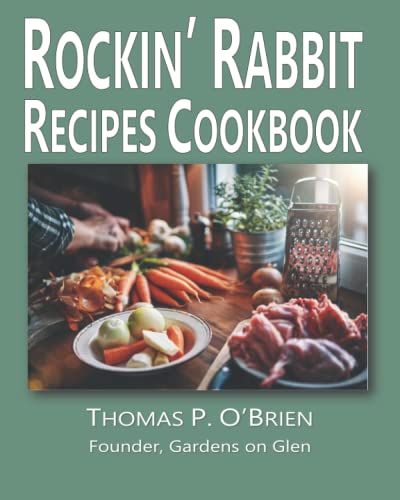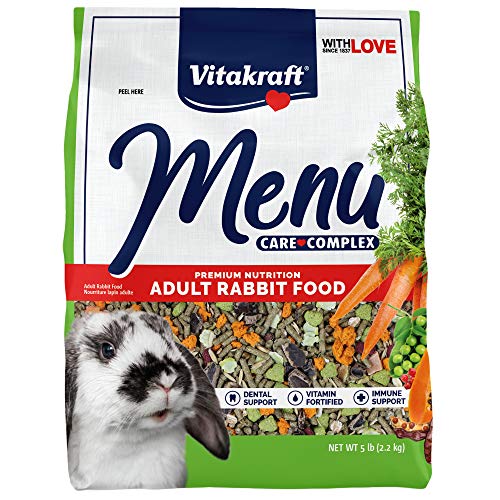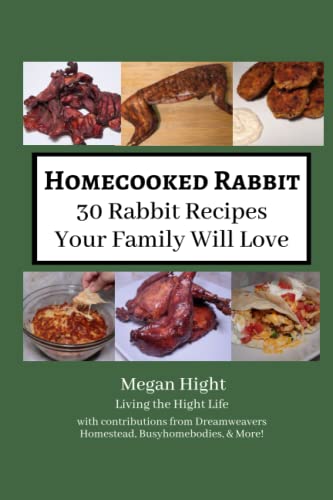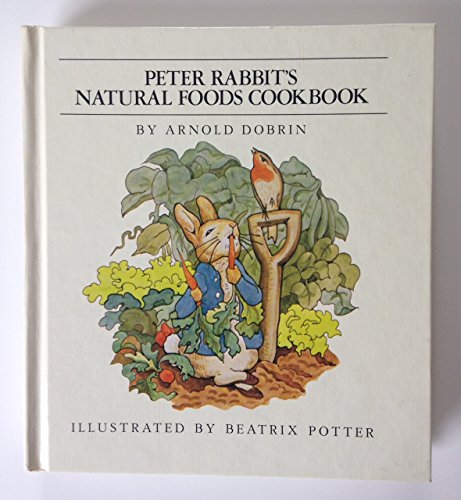Hello,
I'm looking for ways to boost buck fertility levels following two of ours having a pretty tough winter healthwise and both having fathered rather small litters since. I've gone through every herb resource I can find on RT and Googled but that didn't add any more info; does anyone have other ideas to add to this list?
If raspberry is good, would blackberry and boysenberry be likewise beneficial? Just asking as these grow better in our berry patch, and I know they are also good for does but not as well recommended as raspberry.
More sunshine and fresh greens are also in order (with plenty of hay) for boosting these guys along.
Main source:
https://rabbittalk.com/threads/effects-of-herbs-for-rabbits.14508/Very useful links in that thread too.
I'm looking for ways to boost buck fertility levels following two of ours having a pretty tough winter healthwise and both having fathered rather small litters since. I've gone through every herb resource I can find on RT and Googled but that didn't add any more info; does anyone have other ideas to add to this list?
- Parsley - this seems to be the most commonly recommended herb for buck fertility
- Ginger - either a coin size slice of fresh ginger root, or adding dried powdered ginger to their food mix. Will be interesting to see how popular this is
- Raspberry - we regularly feed this to our does but the bucks don't get it often.
If raspberry is good, would blackberry and boysenberry be likewise beneficial? Just asking as these grow better in our berry patch, and I know they are also good for does but not as well recommended as raspberry.
More sunshine and fresh greens are also in order (with plenty of hay) for boosting these guys along.
Main source:
https://rabbittalk.com/threads/effects-of-herbs-for-rabbits.14508/Very useful links in that thread too.





















































